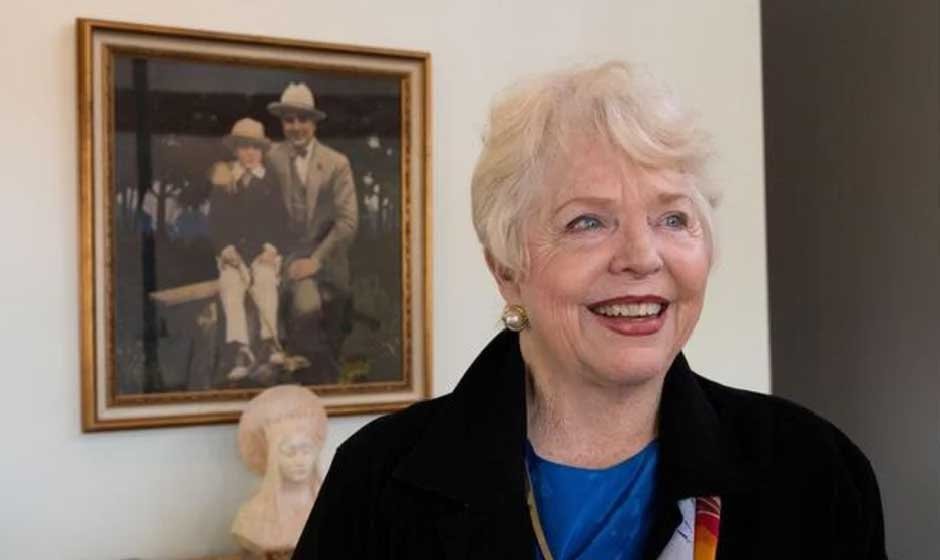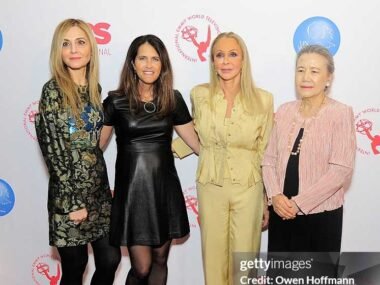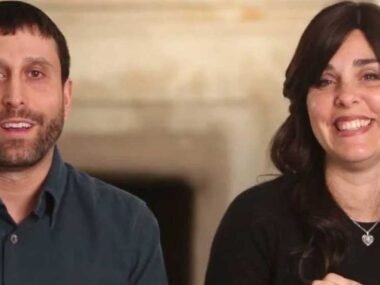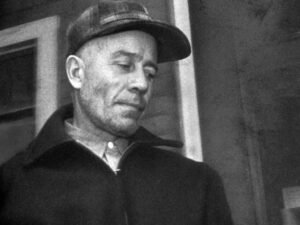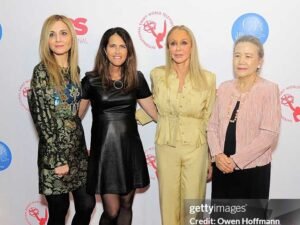Patricia Capone is a name that resonates in the world of archaeology and museum curation, where her expertise and passion for uncovering the stories of the past have made a significant impact. With a career devoted to cultural heritage and historical research, Patricia has become a respected figure in her field. Her journey reflects a commitment to preserving history while educating others about its relevance to contemporary society.
Early Life and Education
Patricia Capone’s passion for history began early in her life. Growing up with a deep curiosity about the past, she often explored museums, read historical texts, and engaged in discussions about the cultural heritage that shapes our world. Her formative years were marked by a thirst for knowledge and a desire to contribute meaningfully to the study of history.
Patricia pursued her higher education at Harvard University, where she developed a strong foundation in anthropology and archaeology. Her studies provided her with the theoretical and practical tools to delve into historical research and artifact analysis. Harvard’s rigorous academic environment nurtured her skills and prepared her for a career that would bridge scholarly research and public engagement.
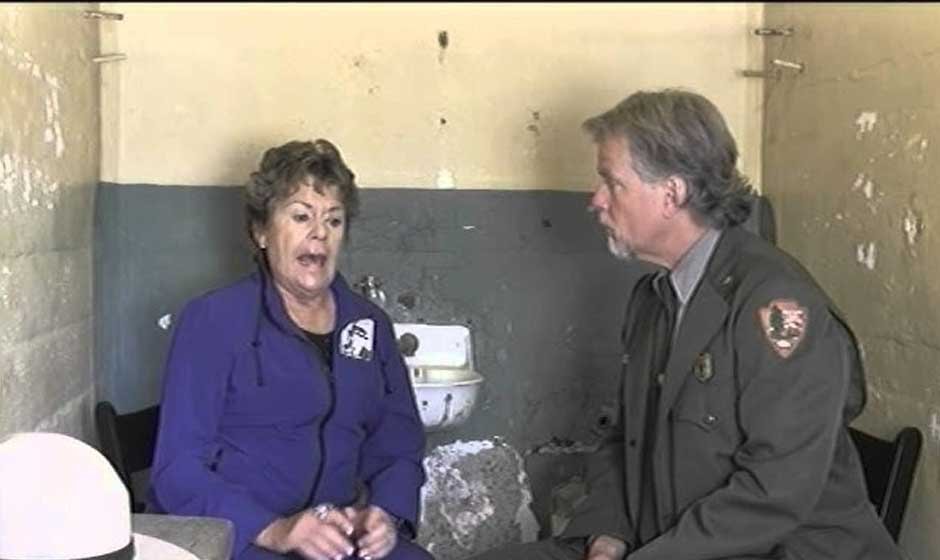
Professional Career and Contributions
Patricia Capone’s professional career has been defined by her role as a curator and scholar. She serves as the Curator and Director of Repatriation at Harvard’s Peabody Museum of Archaeology and Ethnology, one of the most esteemed institutions for the study of cultural heritage. In this capacity, Patricia has made significant contributions to the understanding of indigenous cultures, particularly in North America.
Her work focuses on the repatriation of cultural artifacts to Native American communities, aligning with the principles of the Native American Graves Protection and Repatriation Act (NAGPRA). Patricia collaborates with tribal nations to ensure the respectful return of ancestral remains and sacred items, fostering meaningful relationships between museums and the communities they represent.
In addition to her repatriation efforts, Patricia’s research spans archaeological collections and the history of museum practices. She has authored numerous articles and participated in projects that explore the intersection of anthropology, history, and ethical stewardship of cultural heritage.
Advocacy and Impact
Patricia Capone is deeply committed to ethical practices in archaeology and museum curation. She believes in the importance of addressing historical injustices by working collaboratively with indigenous communities. Her efforts have set a standard for transparency and respect in the handling of cultural artifacts.
Through her work, Patricia has also emphasized the role of museums as educational spaces that promote cross-cultural understanding. She advocates for inclusive narratives that reflect the diversity of human experience, ensuring that museum exhibitions are accessible and meaningful to a broad audience.
Her dedication to mentorship has further amplified her impact. Patricia has guided students and emerging professionals in archaeology, encouraging them to approach their work with integrity and a sense of responsibility toward the communities they study.
